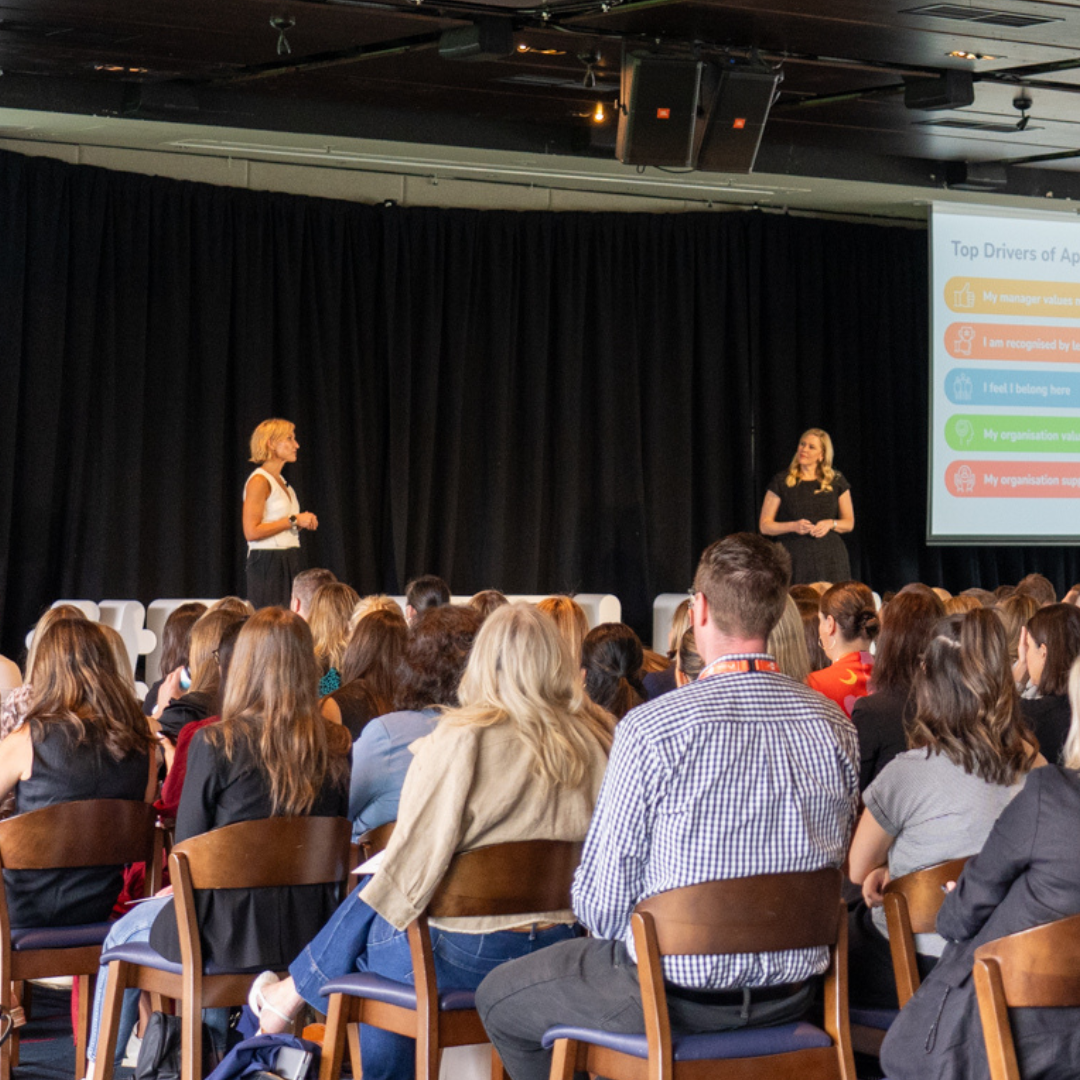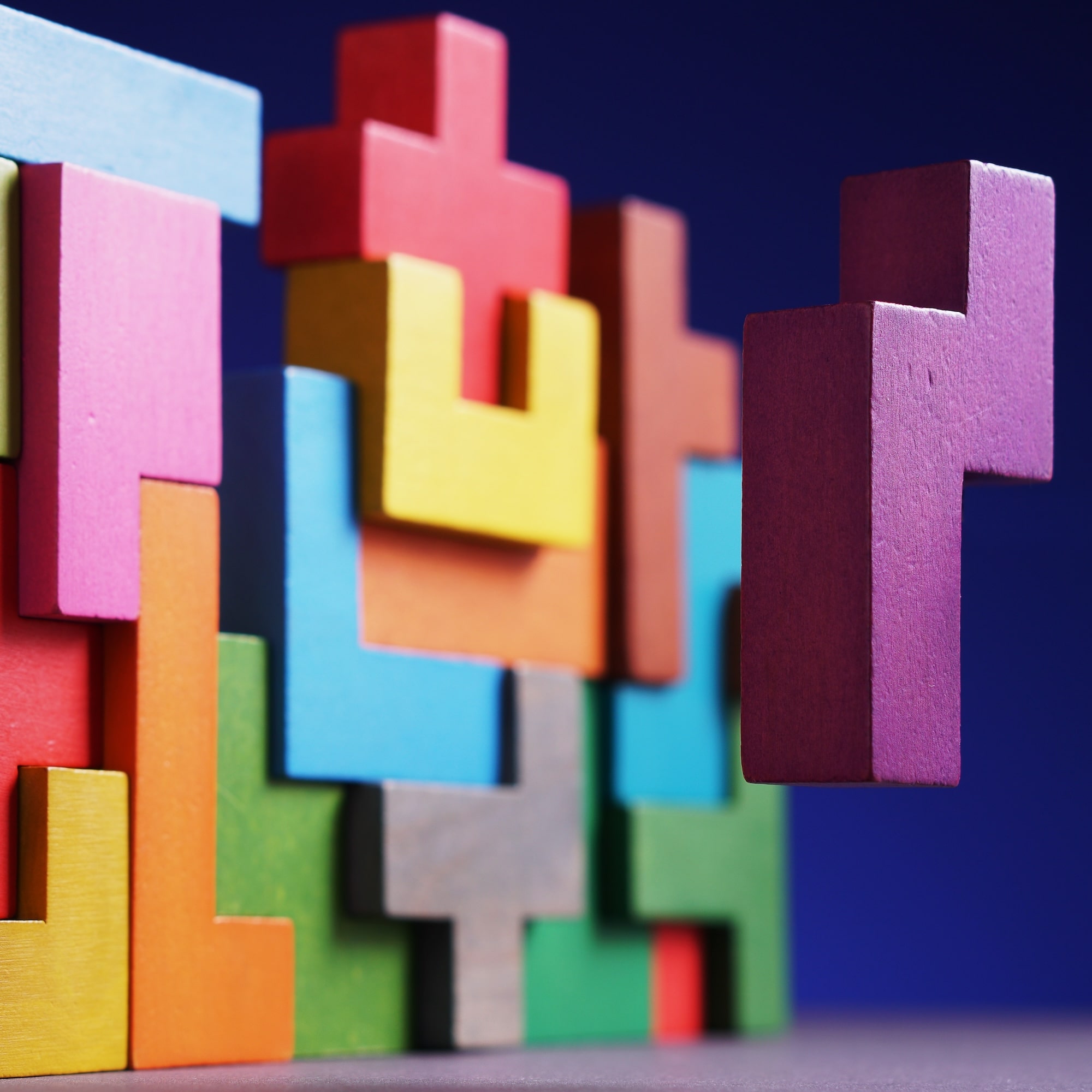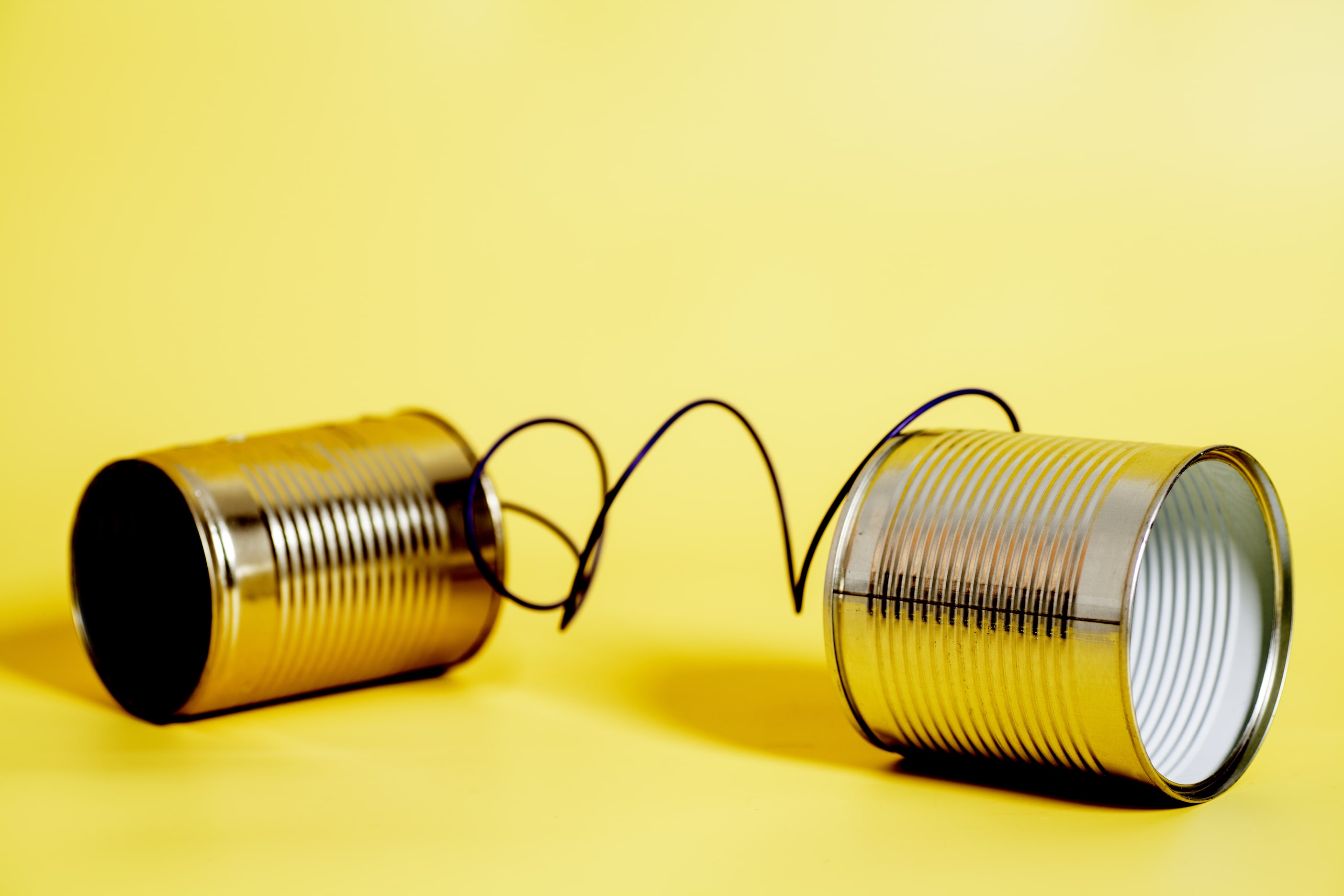I have a problem: I am absolutely addicted to the Olympics! It doesn’t matter the sport or the time of day, I’m glued to the TV watching as much as I possibly can. What drives me to the Olympics is the competitive nature, passion and energy that the athletes put into their performances, and respecting what they’ve done to get to this magical event.
Let's talk about what we can learn from these athletes, taking tips from how they train and how they compete into the workplace.And while you apply their mentality to mostly anything you want to conquer, my mind always jumps to the subject of my book, and one of HR’s biggest challenges, communications.
I feel like communications is my Olympic sport. There may not be a physical trophy or medal to be won, but there are other "awards" to win through communication.
For example, according to a Towers Watson study "companies with highly effective communication practices enjoy 47% higher total returns to shareholders compared with the companies that are least effective at communicating." How’s that for a gold medal win?
So what do we need to do as HR professionals to communicate at a world-class Olympic level? Here are a few ways:

Practice, practice, practice
Regardless of the sport, any Olympic athlete will tell you that they spend an insane amount of hours practicing. They do this because, as the expression goes, practice makes perfect, and that’s exactly what you’re aiming for as an Olympic athlete.
The same is true of communications, as world class effective communications doesn’t just happen overnight. We need to prepare for and practice prior to our ‘competition', which for us are our communication campaigns, making sure that what we deliver achieves our overall objectives.
Don’t give up
I was never an Olympic athlete, but I was a competitive gymnast for many years, and I know first hand the feeling of failure and despair. Take it from me, falling off the balance beam when learning a new trick was not only painful but extremely frustrating. I also know that you never succeed or move forward if you don’t carry on and try again.
This is also true with communications, where over the years I’ve also had my share of successes and failures. You know failures, the times when you’ve sent out an email or created a video to communicate a new HR program and no one even opens the email or watches the video. How frustrating! The point here is to learn from what you’ve done wrong, dust yourself off and find a way to succeed the next time.
Innovate
One way to succeed as an Olympic athlete is through innovation, developing that new skill that will get you a spot on the podium. Think of Nadia Comaneci, the gymnast achieving the first perfect 10.0, who was innovative in how she trained and the tricks she performed.
Feeling inspired? In communications, we need to be innovative, pushing the boundaries on what and how we deliver communication campaigns if we are going to win our Olympic medal. We can do this by developing and delivering cutting edge communication approaches and solutions as well as leveraging technology such as the multi-faceted SmartHub platform to help us gain the attention and engagement of our workforce.
Work as a team
Teamwork is absolutely critical to many Olympic sports and athletes. Think of a relay team, with the passing of the baton often being the difference between winning and losing. To get it right, you need to understand your teammates, anticipate their every move and be at the right place at the right time to collect the very important baton and win your race.
The same holds true for communications. You need to get the right people on your team and understand everyone’s roles and time everything perfectly. Easier said than done, but you must be prepared so you’re not the one to drop the baton!
Winning a competition can be important, but developing the proper techniques and growing as an athlete will ultimately help you achieve your goals. But even if you’re not out to compete in the 500-yard dash or triumph over the floor exercise, you can still make a difference at your company by paying attention to your communication challenges.
Tell us when you win your first “gold medal” goal.
 Debra Corey
Debra Corey



